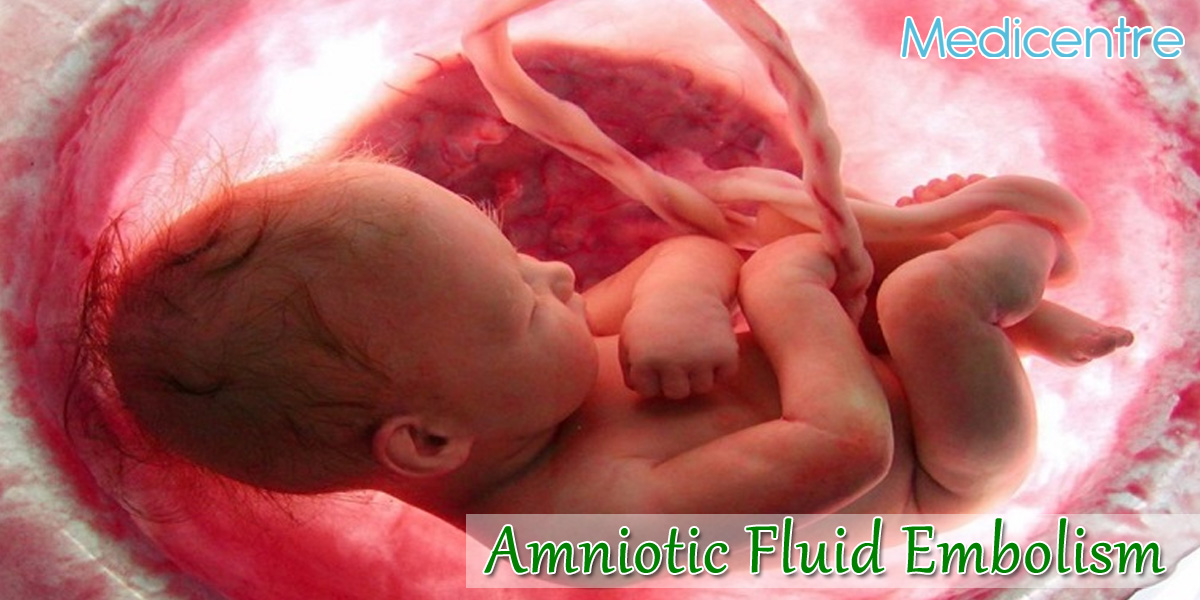Amniotic Fluid Embolism
It is a rare childbirth emergency where amniotic fluid enters the maternal circulation to trigger a serious reaction which can cause C.V.S collapse and coagulopathy.
The first one is called anterograde amnesia which is caused due to a disturbance in the step of encoding and consolidation steps of memory processing due to damage to the prefrontal cortex of the brain or hippocampus and ultimately causes inability to form new memories like or example forgetting what happened hour to hour memories of what just happened!

CAUSES:
Amniotic fluid and fetal cells enter the blood circulation of the mother, by triggering the anaphylactic reaction to antigens of the fetus and causes the activation of the complement the pathway by the release of histamine and tryptase. It occurs in two phases :
PHASE I:
Pulmonary artery vasospasm with hypertension causes hypoxia with pulmonary capillary damage left heart failure and ARDS.
PHASE II:
Women who survive phase I only enters phase II which is characterized by massive hemorrhage with DIC and fatal coagulopathy
RISK FACTORS:
- Multiparous women with a large baby
- Use of uterine stimulants
- Advanced age
- Amnioinfusion
- Amniocentesis
- Forceps induced cesarean section
- Placenta acreta
- Diabetes
- Ruptured uterus
- Preeclampsia
SYMPTOMS:
- Hypotension
- Seizure
- Cough
- Restlessness
- Cyanosis
- Hypoxia
- Lack of breathing
DIAGNOSIS:
- Arterial blood gas levels
- Blood tests
- Chest X-ray
- EKG 12 lead
- Hemoglobin and hematocrit
- Prothrombin time
- aptt
- fibrinogen
TREATMENT:
- 100% Oxygen administration by non- breather face mask by the professional.
- Tilt pregnant women 30 degrees to her side to displace uterus
- Maintain cardiac output and replace fluid loss
- Administer I.V fluids
- Administer blood packed cells and fresh frozen plasma
- Check for urine output
- Fresh frozen plasma, cryoprecipitate and transfuse platelets to correct coagulation failure
- Prepare women for emergency birth once she is stabilized
- If the cardiopulmonary arrest occurs, a perimortem cesarean birth is advised for chances of survival
- Emotional and psychological support and every information should be provided to the woman, her partner, and her family.